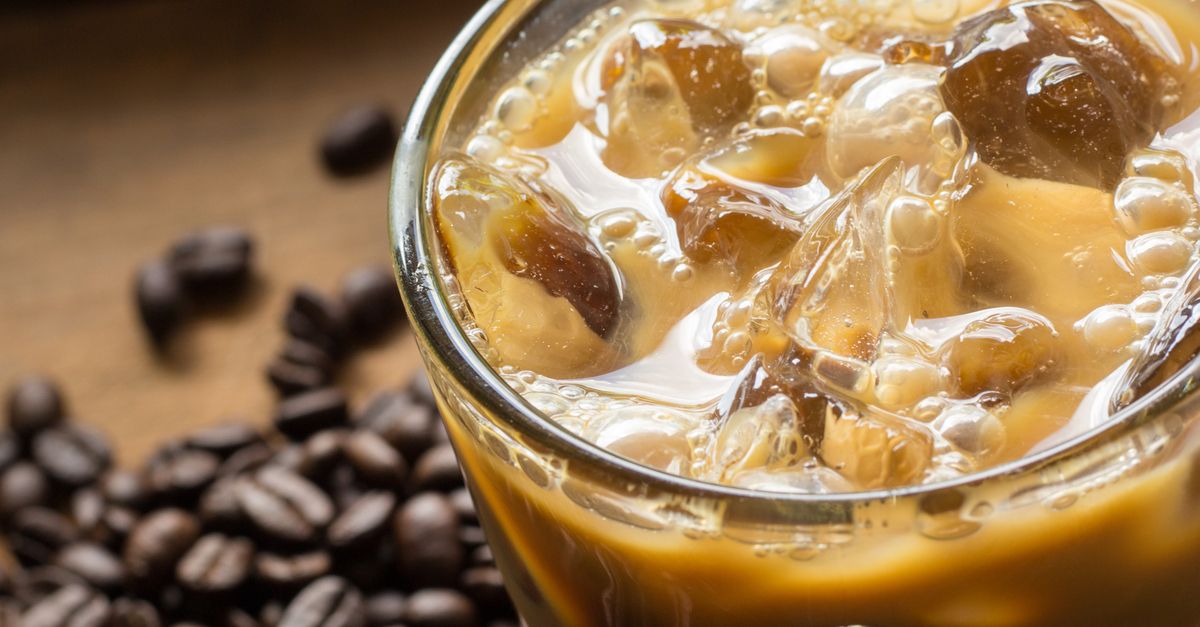On 28 June 2017, the BBC teased an upcoming episode of their program Watchdog, an investigative series into consumer-related issues, with some scary-sounding revelations about coffee shops:
Ice from three of the UK's biggest coffee chains has been found to contain bacteria from faeces, according to a BBC investigation.
Samples of iced drinks from Costa Coffee, Starbucks and Caffe Nero contained varying levels of the bacteria, the BBC's Watchdog found. [...]
At both Starbucks and Caffe Nero, three out of 10 samples tested contained the bacteria known as faecal coliforms.
The news, unlike the bacteria that inspired it, went viral nearly immediately. Some people took this BBC report as evidence of a widespread feces problem in Starbucks coffee. Others somehow interpreted this finding as an indictment of Starbucks's alleged liberal politics. Bizarrely, some purveyors of vitriol tried to connect the report both to Muslims and to Starbucks's pledge to hire refugees.
Importantly, however, what Watchdog found was not actually feces or fecal matter, but an extremely broad class of bacteria in 30 percent of the ten samples they took from a single Starbucks in the UK.
If you are looking to promote a television show with a viral story, a tried and true method is to perform the test Watchdog used -- a fecal coliform assay -- on everyday objects. This same approach convinced the internet that beards were poop-infested sanitation risks back in 2015. In response to that fecal hysteria, the Washington Post’s Rachel Feltman had this calming response:
The problem with this is that bacteria known to associate with poop is not necessarily literal poop. In fact it's probably not. And saying that something is gross for being covered in bacteria is pretty ridiculous, because anything that exists in our physical realm is definitely going to be covered in bacteria.
I have bad news for y'all: You're covered in poo bacteria. COVERED. Look to your left, look to your right. There's probably poo bacteria on both sides and also in front of you. It's okay. It's really fine. Embrace the poo bacteria, it is a part of you because you are a multitude of microorganisms, each more special than the last.
These words were just as relevant to beards then as they are to Starbucks ice cubes now. Indeed, the bacteria identified by a fecal coliform assay is not specific to feces, as a 2006 editorial published by the American Society for Microbiology (ASM) pointed out in a piece arguing against using the test as a sole indicator of fecal matter:
Historically, the definition of fecal coliforms has been based on methods used for their detection. [...] Several genera of bacteria [identified by a fecal coliform assay] are common contaminants of non-fecal sources (e.g., plant materials and pulp or paper mill effluents). Examples include Klebsiella, Enterobacter, and Citrobacter species. Moreover, these bacteria which are false-positive indicators of fecal contamination can grow under appropriate conditions in nonfecal niches such as water, food, and waste.
In fact, the only bacteria included in the test that is exclusively found in feces is E. Coli., which the BBC’s Watchdog did not mention identifying (the ASM argues any fecal coliform test should be confirmed with a specific E. Coli test if one wants to demonstrate the presence of feces).
The expert the BBC quoted to heighten the fear of Starbucks ice was Tony Lewis, the Head of Policy for the Chartered Institute of Environmental Health, which is described as “a campaigning organisation [that aims] to promote improvements in environmental and public health policy.” While the brief excerpts of him included in the BBC segment sound alarming, his full comments are a bit more reassuring:
It is important that those of us who enjoy our coffee and particular our iced drinks during the summer, do not panic. The issues identified in this case came from an extremely small sample and we have no reason to suspect that these findings will be the same everywhere.
Far from being definitive proof of poop in your Starbucks iced coffee, this “investigation” is more of a how-to on how to make a vague finding sensational in the lead up to a television episode.

